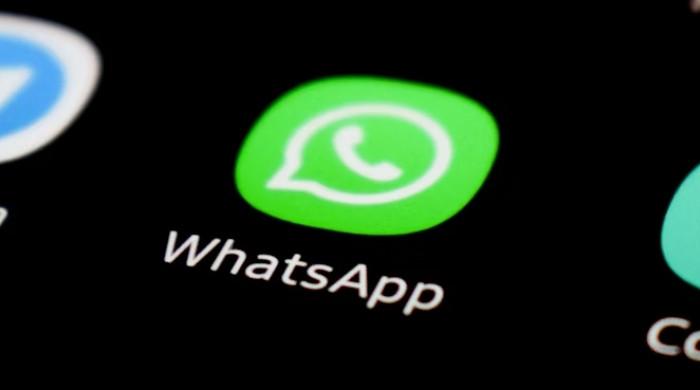As India revises broadcast bill, online creators fear crackdown
Bill proposal comes at a time of increasing scrutiny of streaming companies, digital creators in India
August 14, 2024

Digital rights activists and online content creators welcomed a decision by India's government to rewrite a contentious broadcast bill that they feared would have censored speech on the internet.
But they warned the government could still keep some of the more onerous provisions in new versions of the bill that could curtail India's flourishing digital landscape as the country becomes increasingly connected online.
"This is a very happy development," said Dr Medusa, a political satirist with more than 265,000 followers across YouTube, Instagram and X.
"But we still need to be extremely vigilant, we need to be on our toes and always be wary of what is happening next," said Dr Medusa, who requested to be identified by her social media name for safety reasons.
India's government has said that a new broadcasting law would usher in more transparency and self-regulation. The Ministry of Information and Broadcasting did not respond to requests for comment.
Shutdowns of the internet, content removal from social media platforms and the arrests of journalists, activists and users restrict internet freedom, according to democracy watchdog Freedom House. It ranks India as "partly free".
The bill proposal comes at a time of increasing scrutiny of streaming companies and digital creators in India. Though all films in cinemas are reviewed and certified by a government-appointed board, streamed and digital content are not.
India first introduced a draft bill last November to regulate the broadcasting sector, including streaming giants like Netflix and Amazon.
A later version of the bill cast the net wider to include all digital content creators - from social media accounts and online video producers to podcasters - according to technology policy analysts who reviewed that draft, which has not been made public.
All of these "broadcasters" would have been required to register with the government, set up a content evaluation committee with various social groups to review material before publishing and appoint a grievance-redressal officer who would handle complaints, according to sources who saw the draft.
Failure to comply could lead to criminal charges, including jail terms. The government would also have powers to confiscate equipment and conduct raids without warrants.
The Thomson Reuters Foundation could not independently verify the details of that draft. The Ministry of Information and Broadcasting did not respond to requests for details of the draft bill or what is in store next.
Lack of clarity
Reports of the long list of compliance measures had rattled digital content creators, who described it as complicated, costly and time-consuming.
Meghnad S, an independent journalist and YouTuber with nearly 66,000 subscribers, said it would put smaller creators like him at "existential risk".
"What terrifies me the most is that they could take all my equipment," he said on a video call.
"I don't have the money to replace it. The fact that I can pay rent from my YouTube channel at this point is a big deal."
On Monday, the broadcasting ministry posted on X that "a fresh draft will be published after detailed consultations", and that the time to receive suggestions and feedback was extended until October 15.
The withdrawal of the latest draft marked a small win for digital rights campaigners and online content creators, but they said it was too early to celebrate.
"We need more transparency and accountability from the ministry," said Nikhil Pahwa, a digital rights activist and editor of MediaNama, a Delhi-based publication on technology policy.
The ministry "has held private closed door meetings with the industry over the last few months, and excluded online content creators, digital rights groups, and digital news publishers," he said over WhatsApp.
Rights groups said it was not clear whether the government is scrapping the latest draft legislation entirely and if it would seek wider input for the new version.
Most tech experts and content creators said they expected the government to introduce the bill in the next session of parliament, which would likely start mid-November.
"Now we can wait until the winter session (and) see if they bring in a new version (of the bill) and try to bulldoze it through," said YouTuber Meghnad.
"Right now they are backtracking, but I don't know if it is gone forever."











